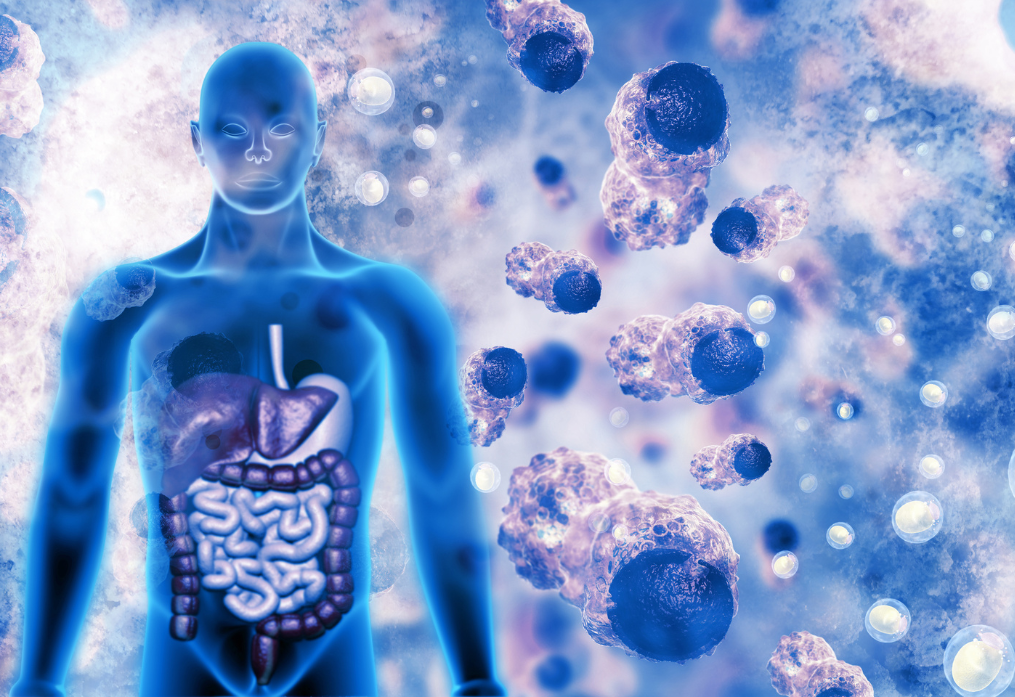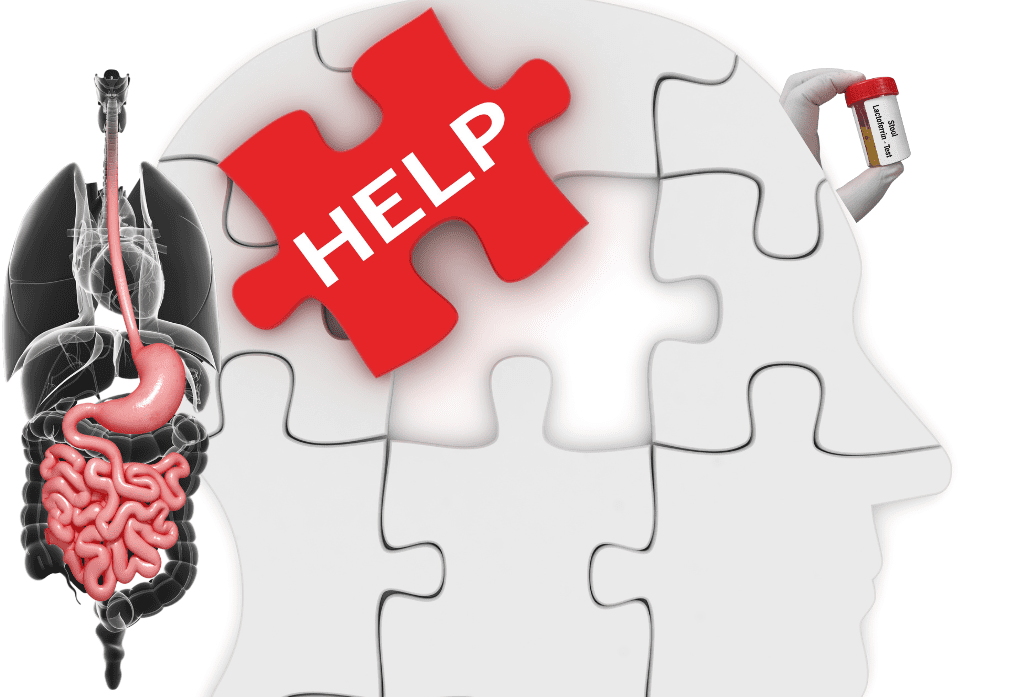Cellular health hinges on the intricate relationship between salt, water, and various essential elements, revealing their pivotal role in sustaining our overall well-being. From facilitating nutrient transport to maintaining electrolyte balance, salt serves as a fundamental component in cellular function. In parallel, water acts as a crucial medium for biochemical reactions and ensures proper cell hydration. In this comprehensive exploration, we delve into the importance of salt and water in supporting cellular health, examining various types of salt and their mineral compositions. Join us as we uncover the significance of these essential elements and their profound impact on our physiological processes.
Salt, chemically known as sodium chloride (NaCl), is essential for various physiological functions in the body. It plays a crucial role in transporting nutrients into cells, maintaining fluid balance, regulating blood pressure, and supporting nerve and muscle function.
Role of Salt in Nutrient Transport:
- Osmosis: Salt helps regulate the movement of water across cell membranes through osmosis. This process ensures that nutrients, ions, and other essential molecules can enter cells efficiently. Without sufficient salt, the osmotic balance is disrupted, leading to impaired nutrient transport.
- Electrolyte Balance: Salt contains sodium and chloride ions, which are electrolytes. These ions are crucial for maintaining the electrical gradients across cell membranes, which are necessary for various cellular processes, including nutrient uptake.
- Transport Proteins: Salt is involved in the activation of transport proteins that facilitate the movement of nutrients across cell membranes. These proteins rely on the presence of sodium ions to function properly.
Types of Salt and Their Mineral Content:
- Table Salt: This is the most common type of salt, typically obtained from underground salt deposits or seawater. It is heavily processed to remove impurities and often contains added iodine. Table salt primarily consists of sodium chloride and lacks significant amounts of other minerals.
- Sea Salt: Sea salt is harvested by evaporating seawater, leaving behind the salt crystals. It contains a variety of minerals present in seawater, including magnesium, calcium, and potassium, albeit in small amounts. Sea salt is less refined than table salt, retaining more of its natural mineral content.
- Celtic Sea Salt: Celtic sea salt is harvested from the coastal regions of France. It is minimally processed and contains trace amounts of minerals such as magnesium, calcium, and potassium. Some proponents claim that Celtic sea salt retains more moisture and minerals compared to other types of salt.
- Himalayan Salt: Mined from the Khewra Salt Mine in Pakistan, Himalayan salt is renowned for its pink hue due to trace minerals like iron oxide. It contains minerals such as calcium, potassium, magnesium, and iron, albeit in relatively small quantities. Advocates suggest that Himalayan salt offers additional health benefits compared to table salt due to its mineral content.
- Black Salt: Also known as Kala Namak, black salt is a type of rock salt primarily used in South Asian cuisine. It contains various minerals, including sodium chloride, along with compounds like sodium sulfate, iron sulfide, and hydrogen sulfide, which give it its distinctive flavor and aroma. When added to recipes, it provides an egg-like taste due to having a very high amount of sulfur.
Importance of Water:
Water is essential for facilitating the transport of nutrients and electrolytes across cell membranes. It acts as a medium for various biochemical reactions and helps maintain cell hydration. Without adequate water intake, cells become dehydrated, impairing their ability to function optimally.
Consequences of Salt and Water Deficiency:
- Dehydration: Insufficient water intake can lead to dehydration, causing symptoms such as dry mouth, fatigue, and decreased urine output. Severe dehydration can be life-threatening.
- Electrolyte Imbalance: Lack of salt and water disrupts electrolyte balance, which can result in muscle cramps, weakness, and irregular heart rhythms.
- Impaired Nutrient Transport: Without adequate salt and water, cells struggle to uptake essential nutrients, impairing their metabolic functions and overall health.
- Reduced Cognitive Function: Dehydration can lead to cognitive impairment, including difficulty concentrating, confusion, and impaired memory function.
- Accelerated Aging: Dehydration and electrolyte imbalance can contribute to premature aging by affecting skin elasticity and promoting oxidative stress.
- Organ Dysfunction: Prolonged salt and water deficiency can lead to organ dysfunction, particularly affecting the kidneys, which play a crucial role in maintaining fluid and electrolyte balance.
In summary, salt and water are vital for cellular function, nutrient transport, and overall health. Different types of salt offer varying mineral profiles, but all contribute to maintaining electrolyte balance and supporting cellular health processes. Sufficient hydration and salt intake are essential for optimal physiological function and overall well-being.
This layout should make it easier for readers to navigate the different sections, read, and understand the content more clearly.
Here’s a simple table format incorporating the subheadings:|
| Importance of Salt in Nutrient Transport |
| nutrient uptake. | |
|---|---|
| Electrolyte Balance | Sodium and chloride ions in salt |
| maintain electrical gradients | |
| necessary for nutrient transport. | |
| ——————————– | ————————————– |
| Transport Proteins Activation | Salt activates transport proteins |
| facilitating nutrient movement into | |
| cells. | |
| ———————————————————————– |
| minerals. | |
|---|---|
| Sea Salt | Contains minerals like magnesium, |
| calcium, and potassium in small | |
| amounts. | |
| ——————————– | ————————————– |
| Celtic Sea Salt | Minimally processed, contains trace |
| minerals like magnesium and calcium. | |
| ——————————– | ————————————– |
| Himalayan Salt | Rich in minerals including calcium, |
| potassium, and magnesium, with a | |
| pink hue from iron oxide. | |
| ——————————– | ————————————– |
| Black Salt | Contains sodium chloride along with |
| compounds like sodium sulfate and | |
| iron sulfide. | |
| ———————————————————————– |
| processes and reactions. | |
|---|---|
| Cell Hydration | Essential for maintaining cell |
| volume and function. | |
| ——————————– | ————————————– |
| Nutrient Transport | Acts as a medium for transporting |
| nutrients and electrolytes across | |
| cell membranes. | |
| ———————————————————————– |
| and decreased urine output. | |
|---|---|
| Electrolyte Imbalance | Can potentially lead to muscle cramps, weakness, |
| and irregular heart rhythms. | |
| ——————————– | ————————————– |
| Impaired Nutrient Transport | Results in reduced cellular function |
| and metabolic activity. | |
| ——————————– | ————————————– |
| Reduced Cognitive Function | Dehydration can impair concentration |
| memory, and cognitive abilities. | |
| ——————————– | ————————————– |
| Accelerated Aging | Dehydration and electrolyte |
| imbalance contribute to premature | |
| aging. | |
| ——————————– | ————————————– |
| Organ Dysfunction | Prolonged deficiency affects organ |
| function, particularly the kidneys. | |
| ———————————————————————– |
Here are some potential links to support the information provided in the article:
- Importance of Salt and Water in Cellular Function:
- Types of Salt and Their Mineral Content:
- Consequences of Salt and Water Deficiency:
- Role of Water in Cellular Function:
These links provide reliable sources to support the information presented in the article and offer additional insights for readers who want to explore the topic further.













